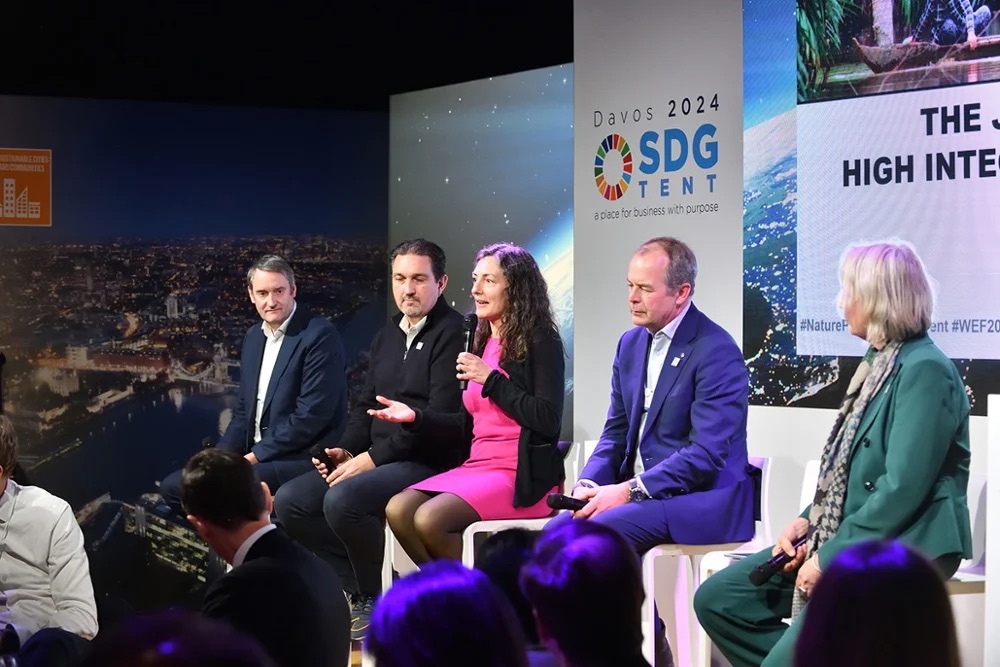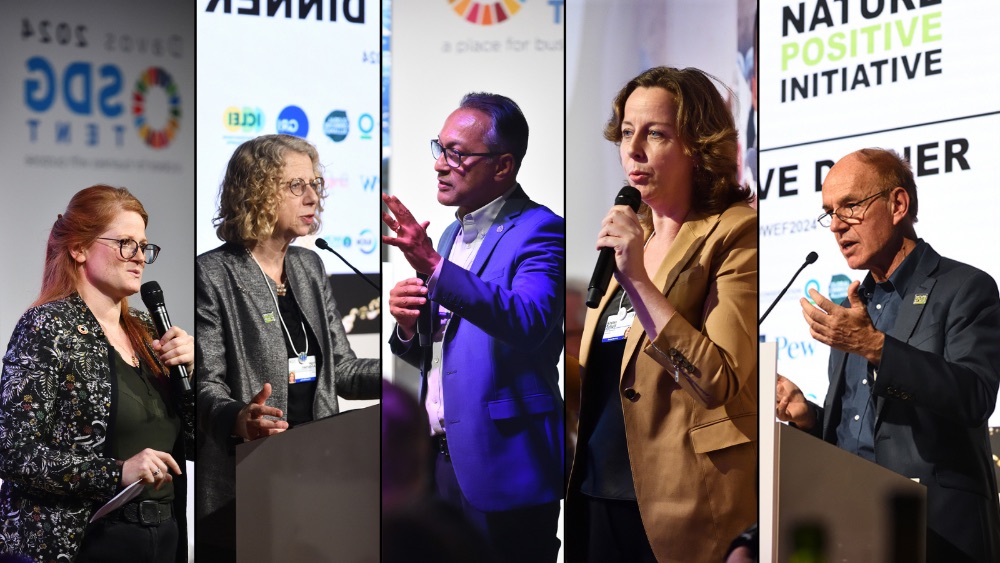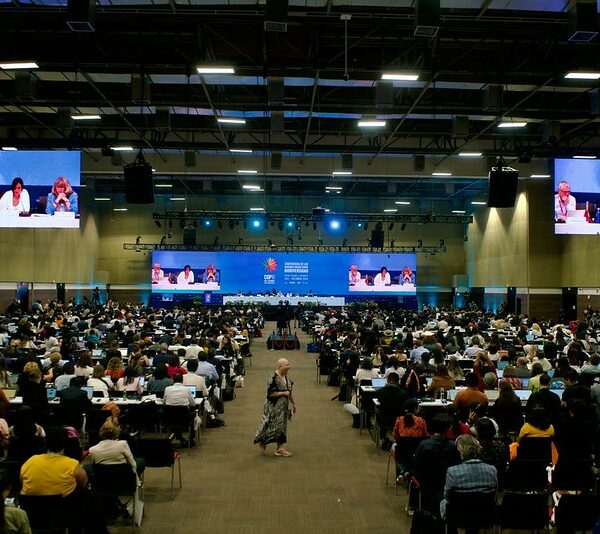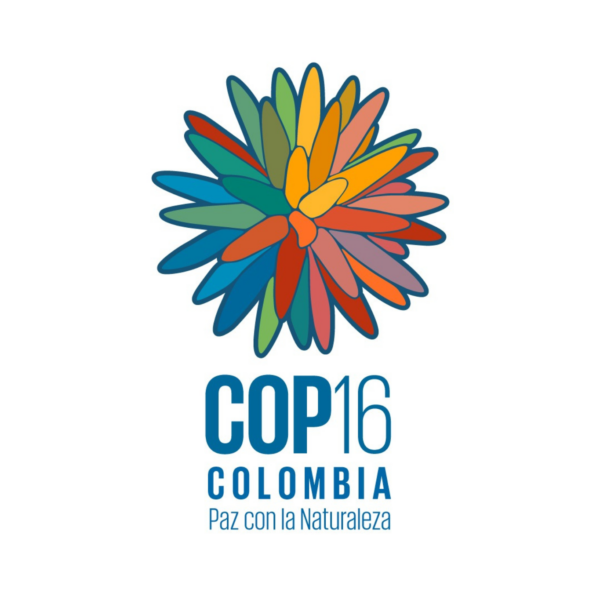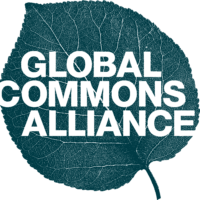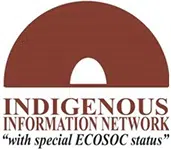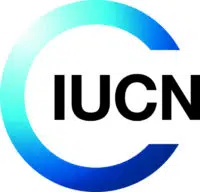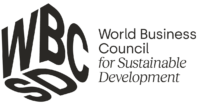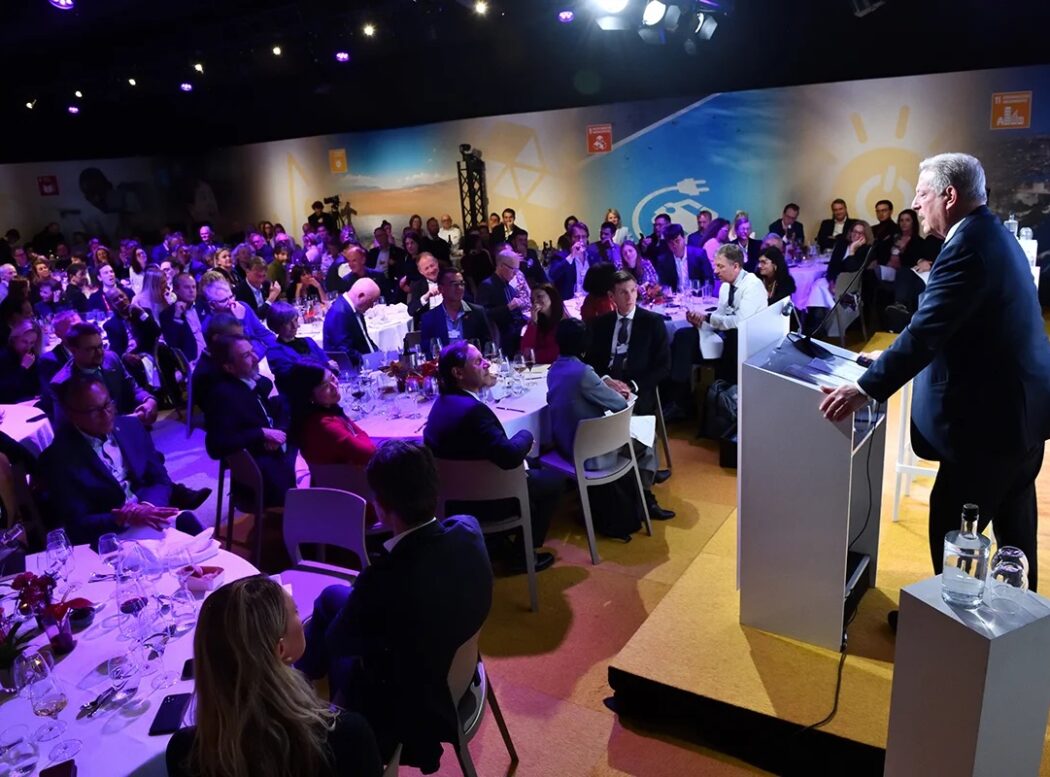
Nature Positive was everywhere at this year’s Annual Meeting of the World Economic Forum in Davos, Switzerland. From high-level discussions to the packed Nature Positive Dinner in the SDG Tent, it is clear that for businesses, companies and financial institutions that nature, and the existential threat of nature loss, continues to rise up the global agenda.
The WEF Global Risks Report 2024 – also released this January – underlined this. It concluded that 2/10 risks in the next two years, and 5/10 risks in the next 10 years, are related to the environment. To the private sector, this presents a top concern in the long-term and one that they must engage on. With only 6 years to 2030, and the omnipresent threats of biodiversity loss and climate change growing, it is clear why nature was such an important topic at Davos.
Nature positive by 2030 is the global goal backed by governments, business and civil society and codified in the Kunming-Montreal Global Biodiversity Framework through its mission to halt and reverse nature loss. This goal provides a guiding light that can steer the recovery of nature, in the same way that net-zero drives the world to tackle the climate crisis. The 5th Nature Positive Dinner in Davos was similarly aimed to galvanize action by discussing the progress of some of the most influential initiatives to drive genuine nature-positive outcomes such as TNFD, SBTN and IAPB, and learning from world leaders and business executives.
Convened by the Nature Positive Initiative, a packed room of nearly 200 sustainability leaders heard 20+ speakers describing how they are contributing to securing a nature-positive world, and the need for much more action on nature and climate. See our thread live from the event on X here.
Introducing the event, Marco Lambertini, Convener of the Nature Positive Initiative (NPI), summarised the journey so far including the recent launch of the Nature Positive Initiative (NPI). Supporting integrity and implementation of the Global Biodiversity Framework, the NPI aims to drive alignment around the definition, use, measurements and guidance for implementation of the ‘nature-positive’ goal. “Nature Positive is not a slogan,” he finished, “it’s a measurable global goal. It means net positive biodiversity. It means more nature, no less.”
High-level participation provided lively and captivating keynote speeches, with Inger Andersen, Executive Director, UNEP, drawing attention to the interdependencies of the triple crisis – nature, climate and plastic – and Susana Muhamed, Colombia’s Minister of Environment and Sustainable Development highlighting the need to make peace with nature and how Indigenous Peoples and local communities play a central part.
We want COP16, hosted in Colombia, to bring this message to the world: let’s make peace with nature.
Maria Susana Muhammad
Minister of Environment and Sustainable Development, Ministry of the Environment and Sustainable Development of Colombia
Two panels highlighted what steps companies are taking now to contribute to a nature-positive future. Tony Goldner highlighted their announcement that 320 organisations have now adopted the TNFD Recommendations for disclosing nature-related corporate reporting. This first cohort of adopters represents over 100 financial institutions, banks, insurers and other leading market intermediaries such as stock exchanges and audit and accounting firms – “How do we redirect even a small percentage … to Nature Positive?” asked David Craig, IAPB member.
The Science-Based Targets Network is making firm inroads with sector-specific guidance for companies beginning to ask science-based questions of their businesses, said Erin Billman, Executive Director. The window for action by 2030 is closing rapidly so this is welcome momentum for action. Find out more about the SBTN here and TNFD here.
The momentum continued with Rohitesh Dhawan, CEO of the International Council on Mining & Minerals, who announced a landmark commitment from its members to contribute to a nature-positive future.
Moving from global commitments to action, this second panel discussed what this means for mining companies on the ground. “The more you learn on nature you more you realize the challenges there are to address”, said Jakob Stausholm, CEO of Rio Tinto.
Not only do we have to solve the climate crisis to protect nature, but we have to protect nature to solver the climate crisis.
The Honorable Al Gore
Former US Vice President
The writing is on the wall, said Al Gore, noting also that this was “the most important dinner in Davos”. He talked of the need to combine the climate and nature agendas in order to protect what we have left – if we accept the need for urgent action, we now need to look at how to do that.
Fortunately, and illustrated by the number of interventions from the floor, many are already stepping up for nature. Members of the Nature Positive Initiative shared their views, and Andre Hoffman, co-host of the dinner with Rosalie Hoffmann and cofounder of Intent, reminded everyone that we are not just doing this for nature, but for people too. Leaders from Business for Nature, Capitals Coalition, Conservation International, Global Commons Alliance, Nature Finance, World Resources Institute, Wildlife Conservation Society and WWF also profiled their nature-positive actions.
Find updates from the dinner on X here and LinkedIn here.
Watch the full event via the SDG Tent here.

